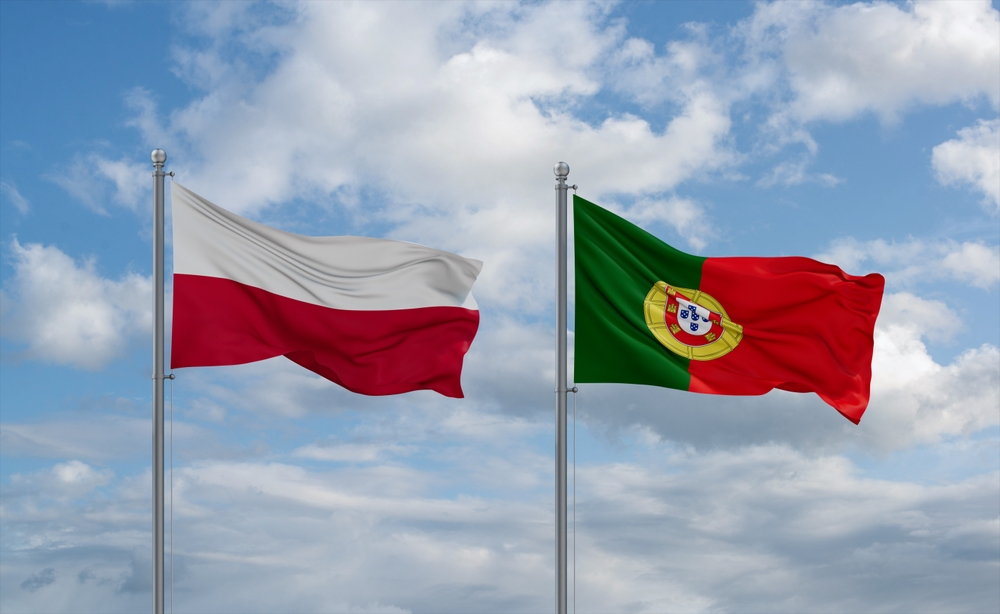Poland, where more than 100 Portuguese companies are active, has emerged as a key factor in Portugal’s economic stability, according to Lisbon-based media outlets. Reports highlight that weaker performance in Poland is having a noticeable impact on Portugal’s economy.
Both SIC television and the weekly Expresso magazine point to Portugal’s growing dependency on the Polish market, underscored by a significant drop in the share price of Jeronimo Martins, the owner of Poland’s Biedronka discount chain, on the Lisbon stock exchange at the end of July. The sharp decline followed Biedronka’s announcement of weaker-than-expected results.
SIC noted that Jeronimo Martins isn’t the only major Portuguese player in Poland. The energy giant EDP and the bank BCP, which is the majority owner of Poland’s Bank Millennium, are also key investors. Portuguese economists attribute Jeronimo Martins’ weaker performance in Poland to intensifying competition in the retail sector and lower consumer spending on food.
The current situation in Poland presents a “real headache,” according to Expresso. On the one hand, Poland’s largest trading partner, Germany, faces “economic growth challenges,” while on the other, Poland is grappling with the consequences of Russia’s invasion of neighboring Ukraine.
The portal of the Portuguese Agency for Trade and Investment (AICEP) points out that with the outbreak of war in Ukraine, Poland has become a critical logistics hub for supporting Ukraine’s reconstruction efforts and has expanded its transportation infrastructure near the Ukrainian border.
Despite challenges, Poland remains an attractive investment market, particularly in sectors like machinery, pharmaceuticals, textiles, energy systems, building materials, and wine.
In 2023, Portugal exported goods and services worth €1.1 billion to Poland, while its imports from Poland exceeded €1.9 billion. Portugal’s main exports to Poland last year included machinery (26.3 percent), vehicles and transport equipment (12.2 percent), metals (9.8 percent), and agricultural products (7.5 percent). In contrast, its imports from Poland were dominated by machinery (23.1 percent), vehicles and transport equipment (11.1 percent), and chemical products (10.1 percent).






